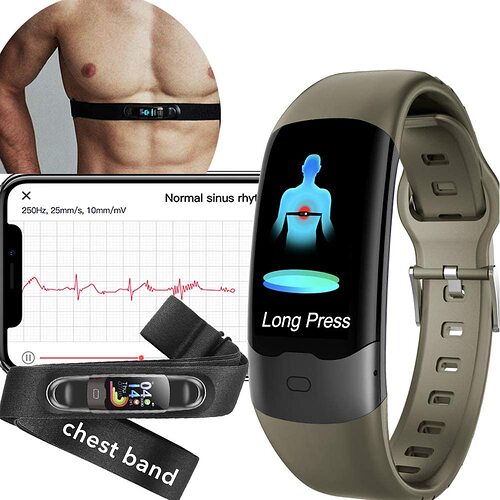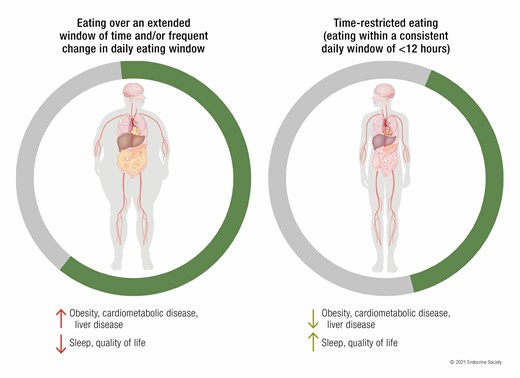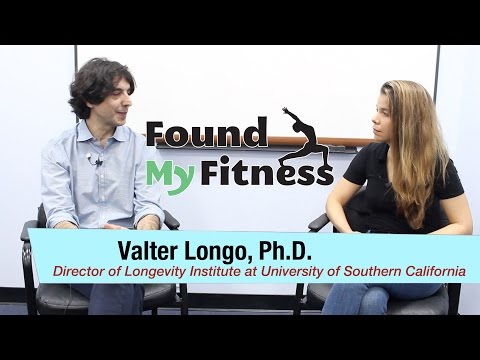For the most part. Might help to describe the process. It starts with building a systems model of aging in biology, particularly biochemistry and genetics heavy in fundamental metabolic pathways. Then you make hypotheses to see on what already works for all organisms and follow down what genes are preserved in humans and what combinations already work in mammals. With current advances in software, I can run many experiments in silico to test a broad range of compounds, predicted protein-protein interactions, and then cluster compounds network-level effects. If you manually curate that you probably would have already honed in on AMPK, SIRT, IGF-1, mTOR, and TP53 - along with the other pathways as large nodes to target, then you can compare with what is currently strongly recommended by consensus because chances are your model is wrong.
Now that I have this list of compounds (including natural ones) or interventions (including exercise) then you hypothesize what would happen and how you would measure that effect, preferably non-invasively. Check the literature. For diet, I basically did a “broad spectrum micronutrient” treatment, but I made sure to avoid any possible contaminants that may affect my results. So I didn’t go one at a time with vitamins, minerals, dietary factors, nutraceuticals, sleep, and exercise dosing. It just doesn’t make sense. However, I do manually keep a list of compounds (or similar compounds that have broader literature) I have in estimated quantities, including foods, herbs, spices. Most of you already know about grapefruit and drug interactions.
After doing a broad spectrum micronutrient and broad dietary nutraceutical experiment, I measure results as comprehensively as possible. (The most relevant, relatively cost effective ones for most people here are VO2max, HRV, vitals, visceral fat/DEXA or fat calipers/waist to hip ratio if that’s not available, CBC with diff/CMP/TSH/CRP/fasting IGF-1/lipids/HbA1c - there are more tests I use but I’ll just mention the ones that aren’t that expensive)
Then I add drugs one by one. Before taking anything, I look for drug-drug interactions first, consult different clinical experts (especially pharmacogenetics can change a lot of things), clinical support systems, etc etc. Take it, measure expected responses, note potential symptoms, increase dose, measure again, note potential symptoms, and repeat until desired effect, then crossover of n=1. If it works as I think it does, it stays.




